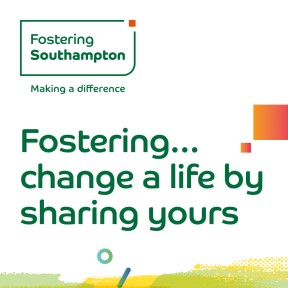Visual impairment
What is visual impairment?
Visual impairment is a term used to cover a vast range of sight problems. It is a significant loss of sight which cannot be corrected by conventional means.
For some people, sight loss can make daily living activities difficult, but there are many services available to help.
What is registration?
It is a legal requirement that local authorities maintain a register of people with a visual impairment.
How do I get registered?
If someone has a significant eye condition they can attend an ophthalmology clinic.
A consultant ophthalmologist will decide if someone is eligible to be registered as visually impaired based on visual acuity (or sharpness) and field of vision.
Registration is voluntary, so with your agreement they will then complete the Certificate of Vision Impairment (CVI).
What happens next?
The eye clinic will ask you to sign the CVI form. This is to show that you understand and give your consent for a copy to be sent to your GP and to local Authority. You will also receive a copy.
Categories of registration
There are two categories of registration:
- Severely Sight Impaired (Blind)
- Sight Impaired (Partially Sighted)
Do I need to register for help?
You need to be registered to qualify for services such as concessionary travel schemes. However, we can provide advice and support to anyone with a significant visual impairment.
What happens when you receive my Certificate of Vision Impairment (CVI)?
After we receive the CVI, someone from the Sensory Team will contact you. They will ask you if you need an assessment and tell you about the services and support that you can receive, including:
- Information to help you to adjust to your new situation
- Guiding you to advice on rights, welfare benefits, and employment
- Advice on communication equipment such as large button telephones
- Opportunities to try innovative equipment
- Advice and training on all aspects of independent living
- Help with basic or completely independent mobility, for example long cane training/learning to help with confidence
- Advice on safety within the home and equipment to reduce your risk
Who else can provide help?
For a complete list of national and local groups that provide support with visual impairments, please see the our directory of support services.
The Royal National Institute of Blind People (RNIB) have created the Sightline Directory for services aimed at helping blind or partially sighted people. Visit the Sightline Directory.
There are also national and local groups that provide support for people with visual impairments, including:
Care self-assessment
To make a self-referral, please select the following button and select the appropriate options:
The self-assessment can be referred to us if a full assessment is recommended.
Contact us
If you have read the above information and still need help, please contact us.


